Bloating
Struggling with bloating? Here’s what you need to know to find relief.
ALL TEST ARE ACCREDITED & REGULATED BY



What is bloating?
When you’re bloated, your stomach or abdomen can feel full and uncomfortable, or even painful.
This bloating happens when your gastrointestinal tract contains too much gas or air. Bloating can be mild, or more severe, and may present as:
– A visibly distended or swollen abdomen
– Feeling very full and uncomfortable
– Feeling of tightness in the abdomen
– Excess gas – belching and/or flatulence
– Rumbling or gurgling
There are several causes of bloating, so it’s important to diagnose the cause of your bloating and find out why it’s happening to you.

Why does bloating happen?
Prolonged periods of bloating could indicate an underlying health problem, if so you should see your GP.
Possible causes can include:
Irritable bowel syndrome (IBS diagnosis)
Ulcerative colitis, a form of inflammatory bowel disease (IBD), where the inner lining of the large bowel is inflamed and develops ulcers
Crohn’s disease, the other form of IBD, where some parts of your colon are inflamed
Too much bacteria in your small intestine (called small intestinal bacterial overgrowth, or SIBO)
Gastroesophageal reflux disease
Food intolerances, especially lactose or fructose intolerance
Producing too much gas (dysbiosis and fermentation)
Weight gain
Stress or anxiety
Delays in your food and drink moving on from your stomach (called gastroparesis)
Eating too quickly, so that you swallow too much air (called aerophagia)

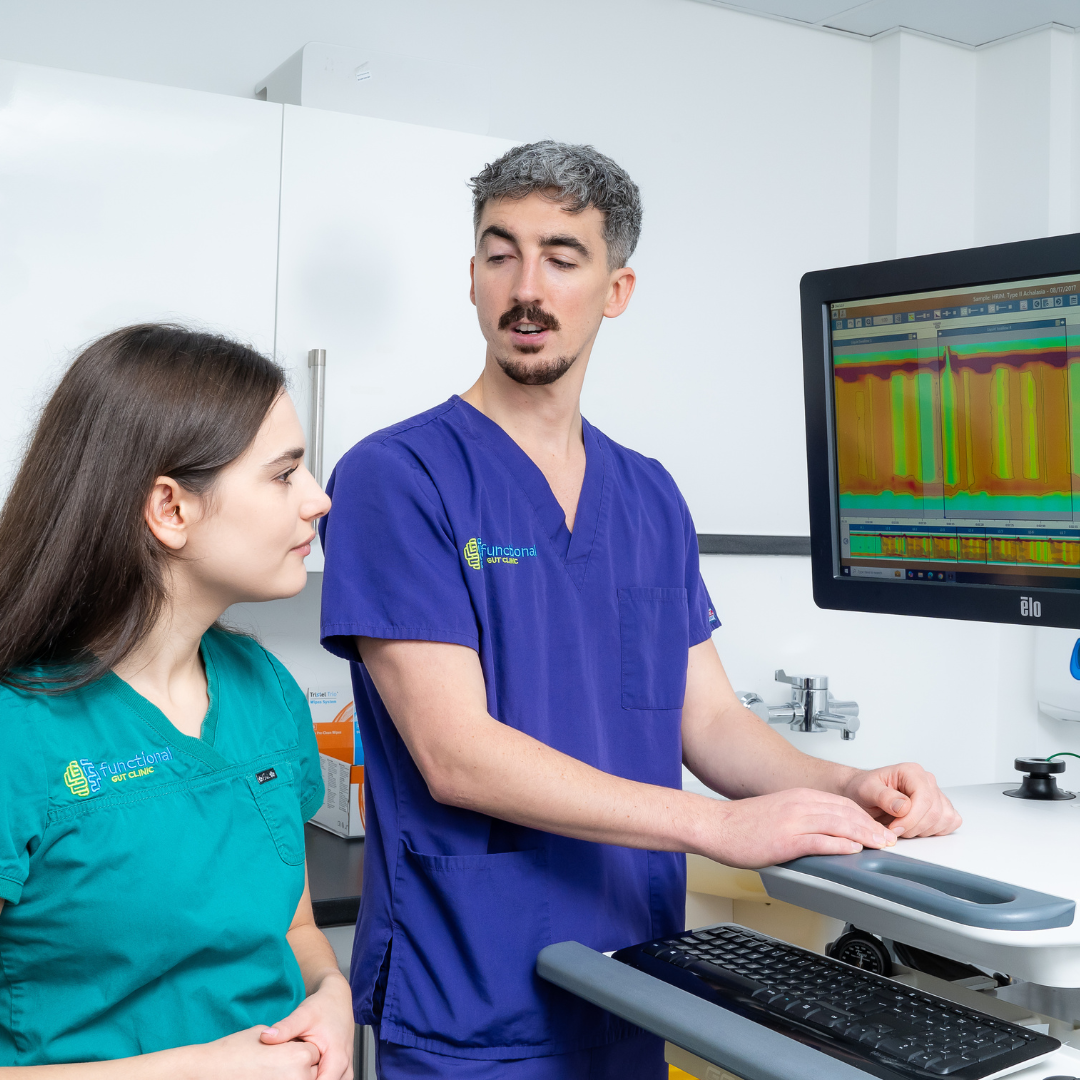
Diagnosing bloating
Feeling bloated is no fun, but once you know what’s going on you can start to manage your symptoms and the underlying causes.
Testing options:
At the Functional Gut Clinic, we can run the following tests to diagnose the causes of bloating:
Gastric emptying test– which measures how quickly food leaves your stomach
Carbohydrate malabsorption breath test– which finds out if you have certain food intolerances (lactose or fructose)
Small intestinal bacterial overgrowth (SIBO) breath test– which finds out if you have an overgrowth of bacteria in your small intestine (called SIBO)
Oesophageal manometry– which measures the function of your oesophagus (food pipe)
24-hour pH impedance monitoring– which looks at whether you have any reflux
Colonic transit study-a non-invasive test which looks at how long it takes for faeces to pass through your bowl
Learn more about bloating

What Is Regurgitation & Why Does It Happen?
Regurgitation occurs when undigested food and gastric juices move backward into the esophagus, throat, and mouth. It’s often associated with gastroesophageal reflux disease (GERD) and acid reflux.
Normally, food follows a one-way route—from the mouth to the stomach via the esophagus. But in some individuals, this process reverses, often leading to a sour or bitter taste in their mouth.
But what’s the definition of regurgitation? Why does it occur? And what can be done about it? JoinThe Functional Gut Clinicas we answer your questions.
What Is Regurgitation?
Regurgitation refers to the backward flow of undigested food, liquid, or stomach contents into the mouth. Unlike vomiting, it’s a passive process—there’s no forceful retching or nausea beforehand. People are often surprised to find undigested material in their mouths.
The material often tastes sour or bitter due to stomach acid, and it may occur shortly after eating or when lying down.
The symptoms are closely associated with gastroesophageal reflux disease (GERD), laryngopharyngeal reflux (LPR), and motility disorders such as achalasia. Mild regurgitation is more common in children (known as “spitting up”) due to their short esophagus and usually resolves with age.
Symptoms of Regurgitation
In most people, regurgitation is a symptom of GERD or acid reflux. Other associated symptoms include:
• Sour or bitter taste in the mouth
• Sensation of food or liquid coming back up
• Heartburn or chest discomfort
• Difficulty swallowing (dysphagia)
• Chronic cough or throat clearing
• Hoarseness or sore throat
• Bad breath (halitosis)
• Feeling of a lump in the throat
If you notice any blood when regurgitating, seek immediate medical attention. This is a serious symptom. You should also look for dark, discolored stools.
What Causes Regurgitation?
Regurgitation doesn’t occur in most people. The lower esophageal sphincter (LES), which divides the stomach from the esophagus, usually acts as a valve, letting food enter the stomach but preventing it from leaving. The upper esophageal sphincter serves a similar purpose.
Regurgitation often involves a problem with either the LES, UES, or both. This typically presents with GERD, giving rise to acid reflux symptoms.
Gastroesophageal Reflux Disease (GERD)
Gastroesophageal reflux (GER), or acid reflux, is the most common cause of regurgitation. Most of the time, people only bring up acid and gastric juices, which irritate and inflame the esophageal lining. This causes heartburn.
If the condition is severe, the person can also regurgitate food as far as the mouth.
GERD is the chronic version of this condition. It involves frequent episodes of acid reflux. Repeated exposure to acid can permanently damage the esophageal lining, leading to strictures, Barrett’s esophagus, and in rare cases, cancer.
Around 80% of people with GERDreport regurgitation, although the severity varies. In the mildest cases, a person might notice a slight bitter or sour taste compared to regurgitating undigested food at the other end. In around half of cases, people may also notice difficulty swallowing (dysphagia).
Rumination Disorder
Rumination disorder is a rare eating disorder where a person experiences uncontrollable, frequent regurgitation lasting at least one month.
People with this condition will rechew, swallow, or even spit out their regurgitated stomach contents. It’s most common in young children and people with intellectual disabilities – however, it can persist into adolescence and adulthood.
Other Conditions
Overeating isn’t a condition but is a common cause of regurgitation. If the stomach capacity is filled, the food can back up into the esophagus. Similarly, obesity and pregnancy, due to increased pressure on the stomach, can cause regurgitation.
Other medical conditions include:
• Achalasia– the lower esophageal sphincter (LES) fails to relax, making it hard for food to enter the stomach.
• Hiatal hernias– a condition where part of the stomach moves above the diaphragm, weakening the LES.
• Laryngopharyngeal reflux (LPR)– a form of silent reflux where stomach contents reach the throat, often without heartburn.
• Zenker’s diverticulum– a pouch that forms in the upper esophagus, trapping food. Often causing regurgitation hours after eating.
• Esophageal stricture– a narrowing of the esophagus due to scar tissue. Linked to recurrent acid reflux.
• Gastroparesis– delayed stomach emptying which occasionally causes regurgitation.
How to Prevent Regurgitation
Preventing regurgitation requires tackling the underlying cause. For most people, this involves treating GERD.
Follow these tips:
• Don’t eat too much – especially before bed
• Lose weight if obese or overweight
• Sleep with your head 6 to 8 inches above the bed
• Stop smoking
• Avoid wearing tight clothing
• Cut alcohol consumption
• Limit certain foods, including spicy or fatty foods
If you’re experiencing regurgitation symptoms, don’t ignore them. Explore the possible causes and find out how our testing options can help you get the answers—and relief – you need.
Hear from people we’ve helped, just like you.
"Very professional while welcoming and friendly"
"The manner and demeanour of all staff from reception to people carrying out the test was very professional but welcoming and friendly. Atmosphere is very relaxed and all instructions clear and concise."
London Patient

"Highly recommend this"
"Thanks to Dr Hobson and everyone at the Functional Gut Clinic. The whole team is very kind and generous and they are doing things that are cutting edge and they actually get results."
Manchester Patient

"Highly recommend this"
"After stopping my lansoprazole, every time I had a warm drink, I could feel it burn all the way down to my stomach. Thank you to Sam for making me feel at ease." - Manchester Patient

"My experience could not be better"
"Pleasant and knowledgeable staff that made the experience more enjoyable than it should be!" - London Patient

"Very friendly and knowledgeable"
"An excellent service from beginning to end. I would recommend to anyone who was considering having testing done. Very friendly and knowledgeable!" - Manchester Patient

"Very kind and helpful"
"It was also great to have time to talk to the clinicians – very important when you have problems. Reception staff also very kind and helpful." - Manchester Patient

Are you experiencing any other symptoms
Symptoms are often closely connected. Find out more below.
Reflux
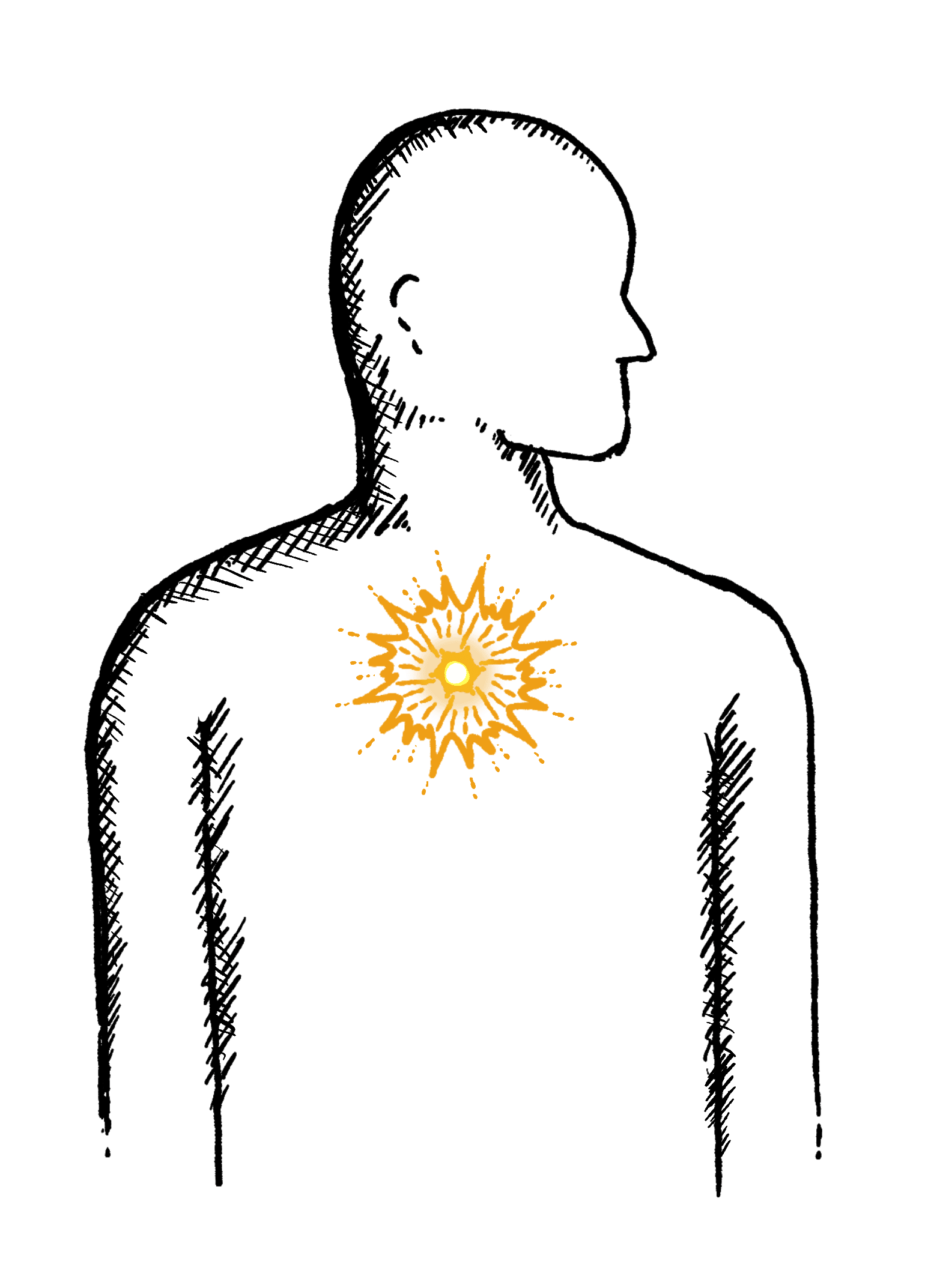
Burning mid-chest, worse when bending or lying down
Constipation
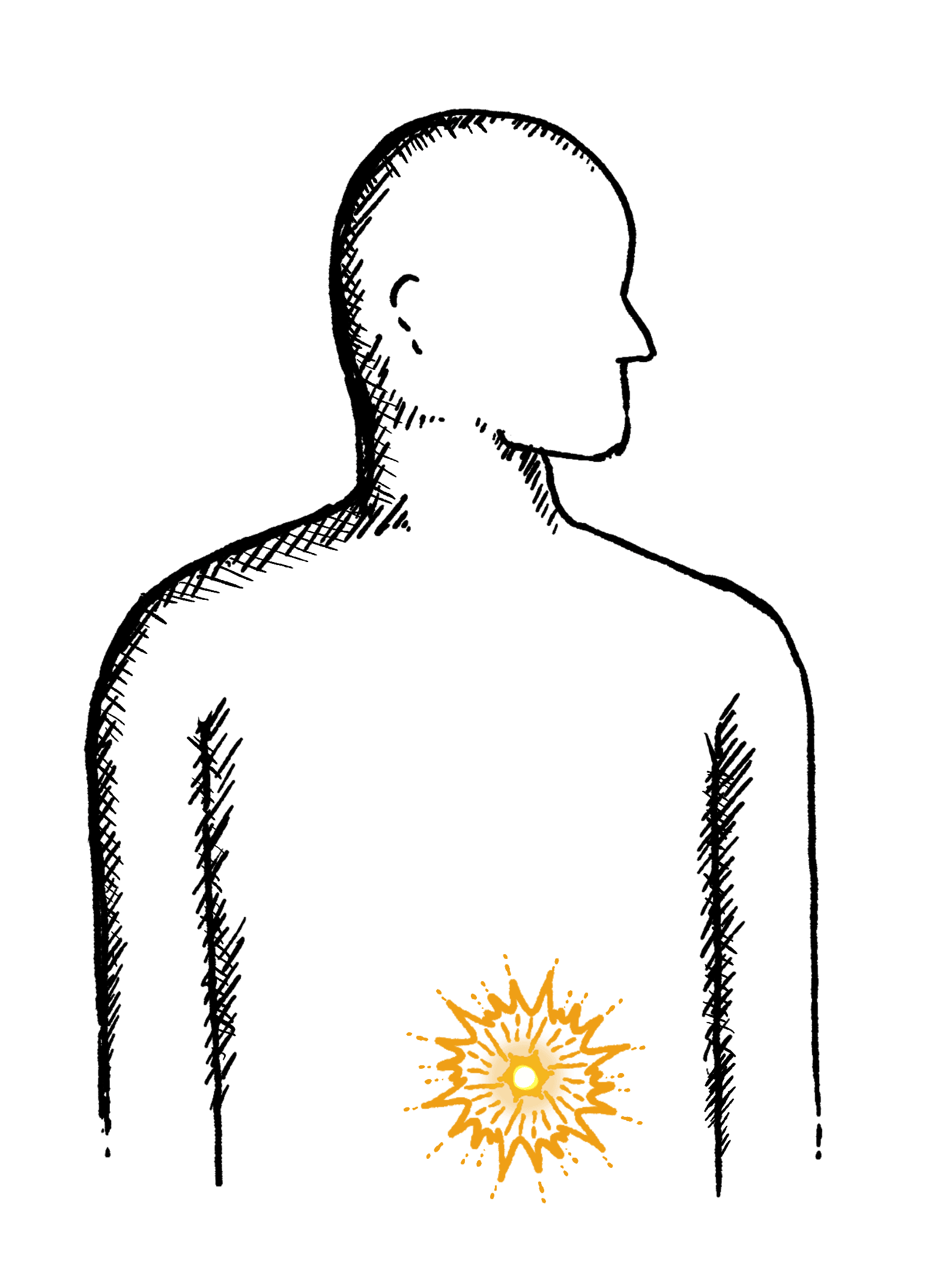
Difficulty going to the toilet, unusual stools, often with stomach ache or intestinal cramps, bloating, nausea or appetite loss
Heartburn

A burning pain in your chest, just behind your breastbone.
The pain is often worse after eating...
Regurgitation
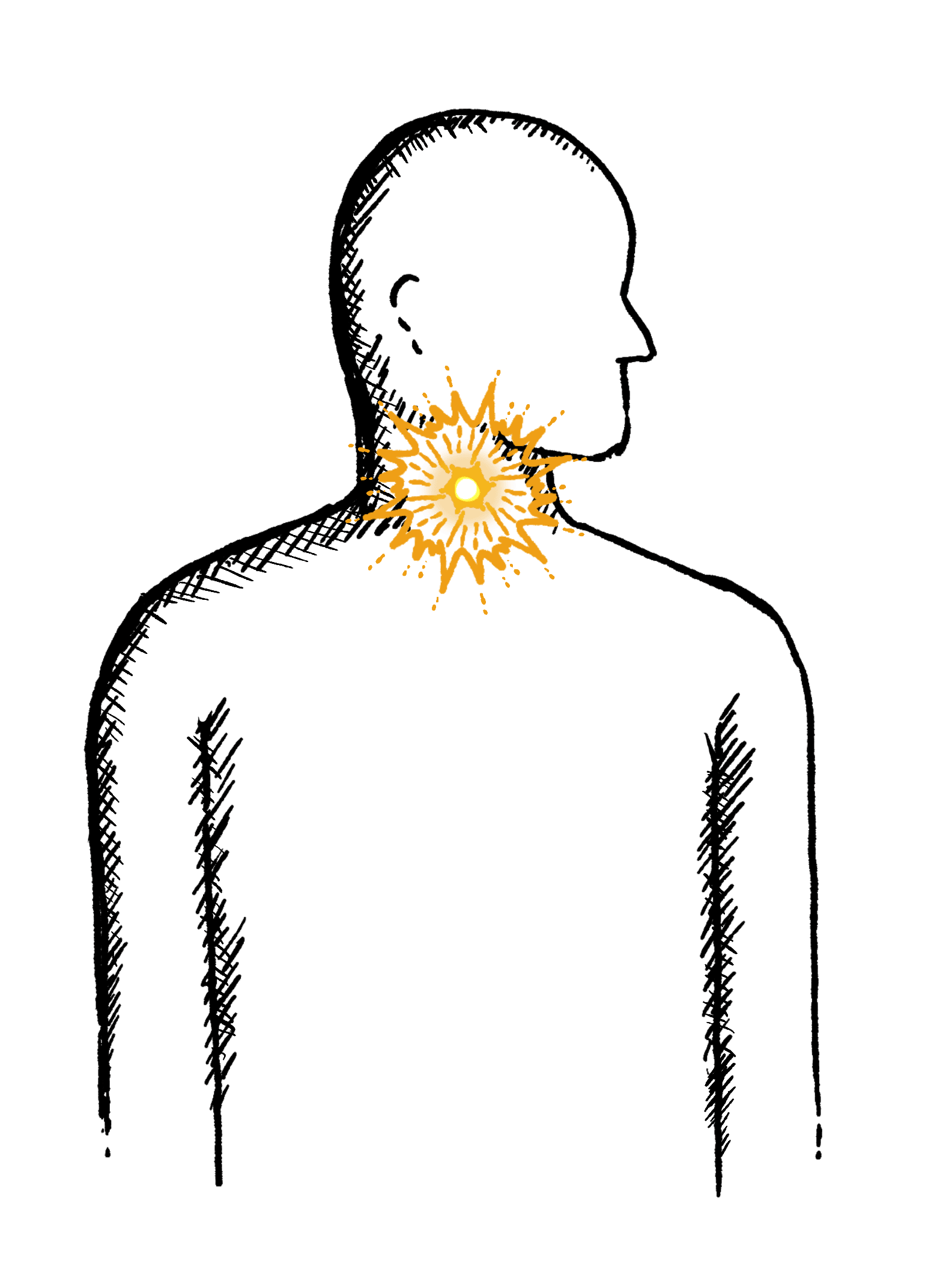
Bringing food or drink back up, difficulty swallowing, feeling that food or drink is stuck in your throat, horrible taste in your mouth
Swallowing Issues

Dysphagia - difficulty swallowing, feeling that food or drink is stuck in your throat, horrible taste in your mouth
Diarrhoea
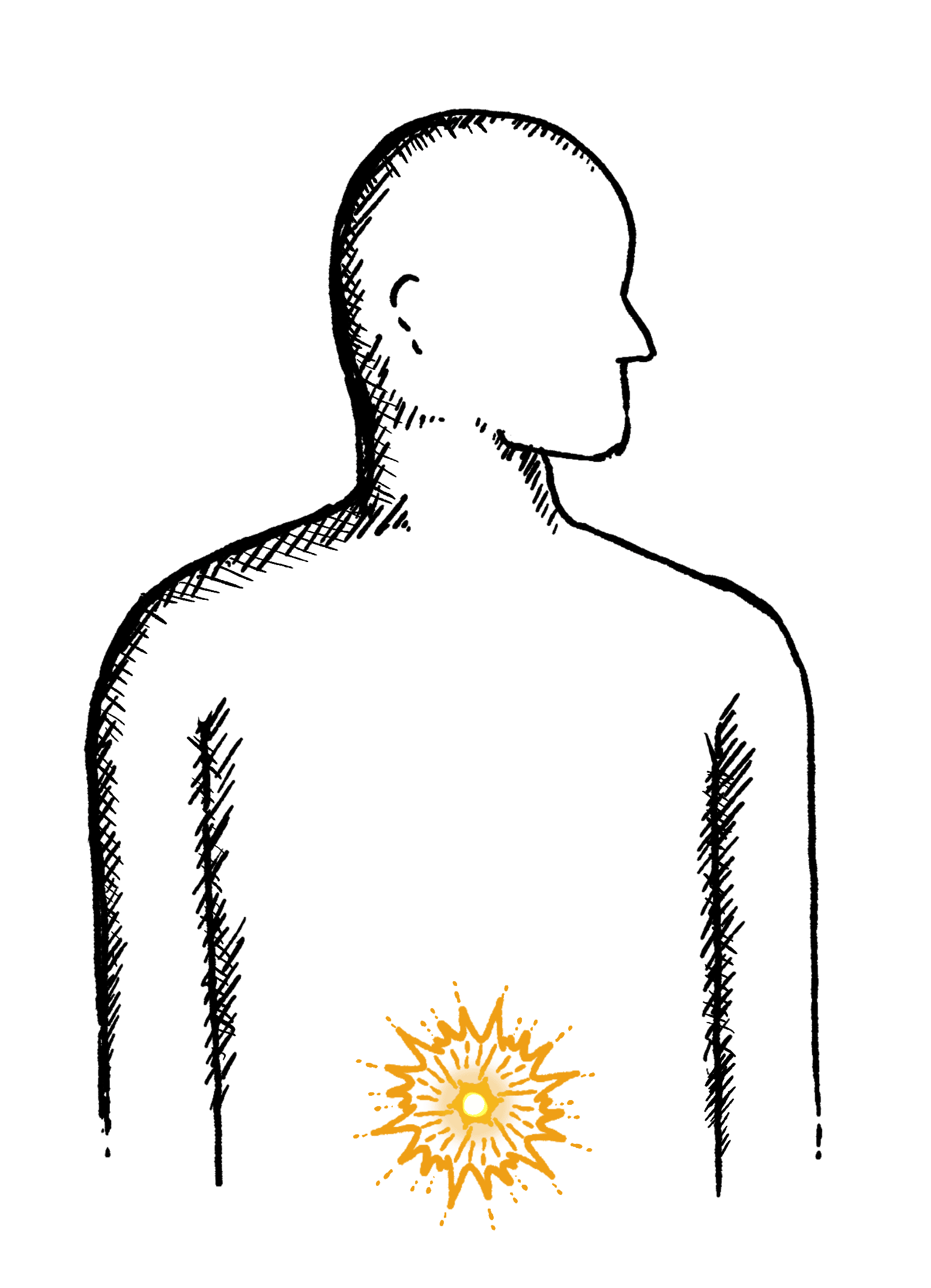
Loose or explosive stools, can’t get to a toilet in time
Abdominal Pain
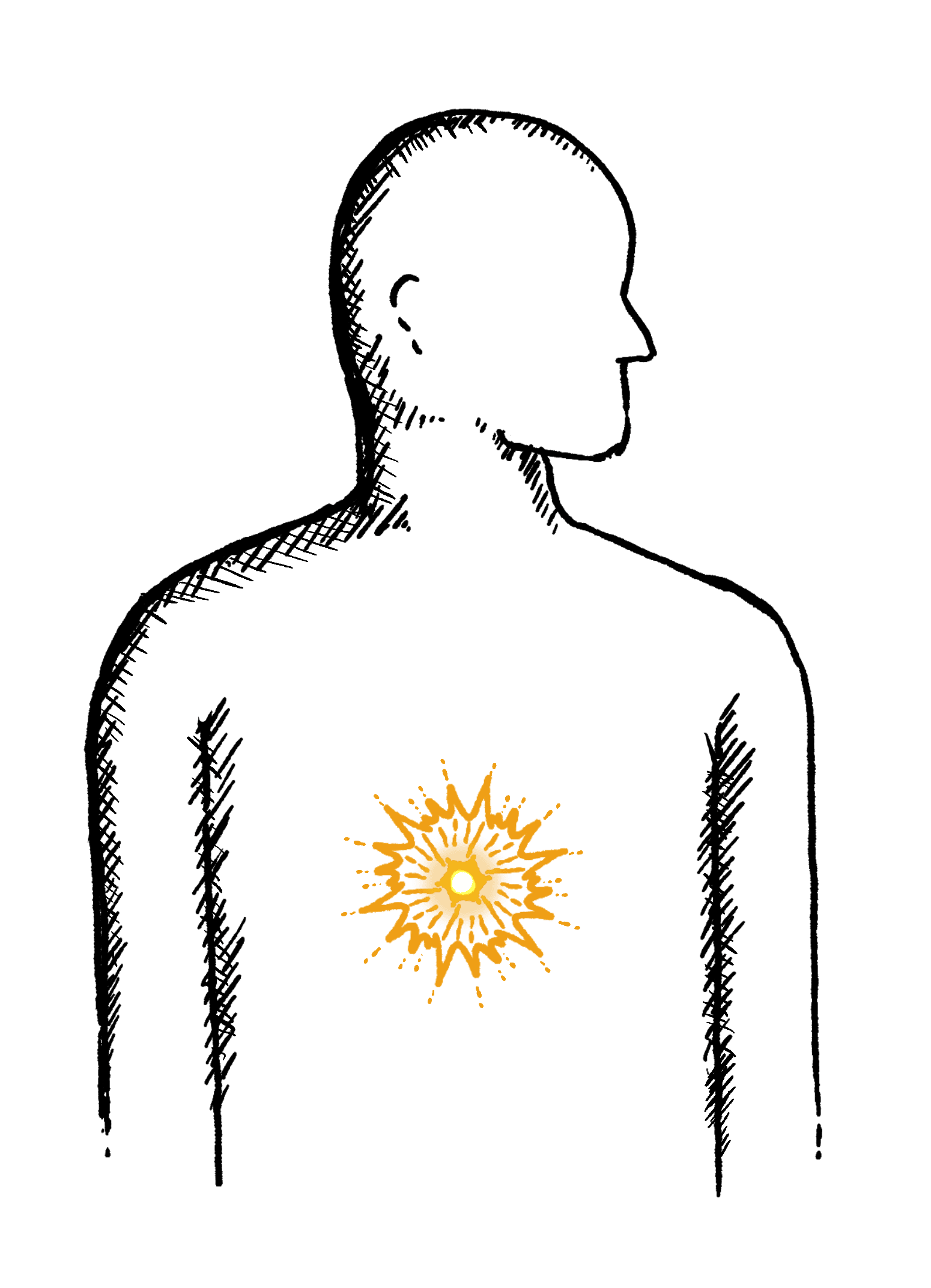
Cramps; sharp or dull pain, Bloating, Excessive belching, Nausea or vomiting
Faecal Incontinence

Stools leak unexpectedly, Can’t get to a toilet in time
IBS
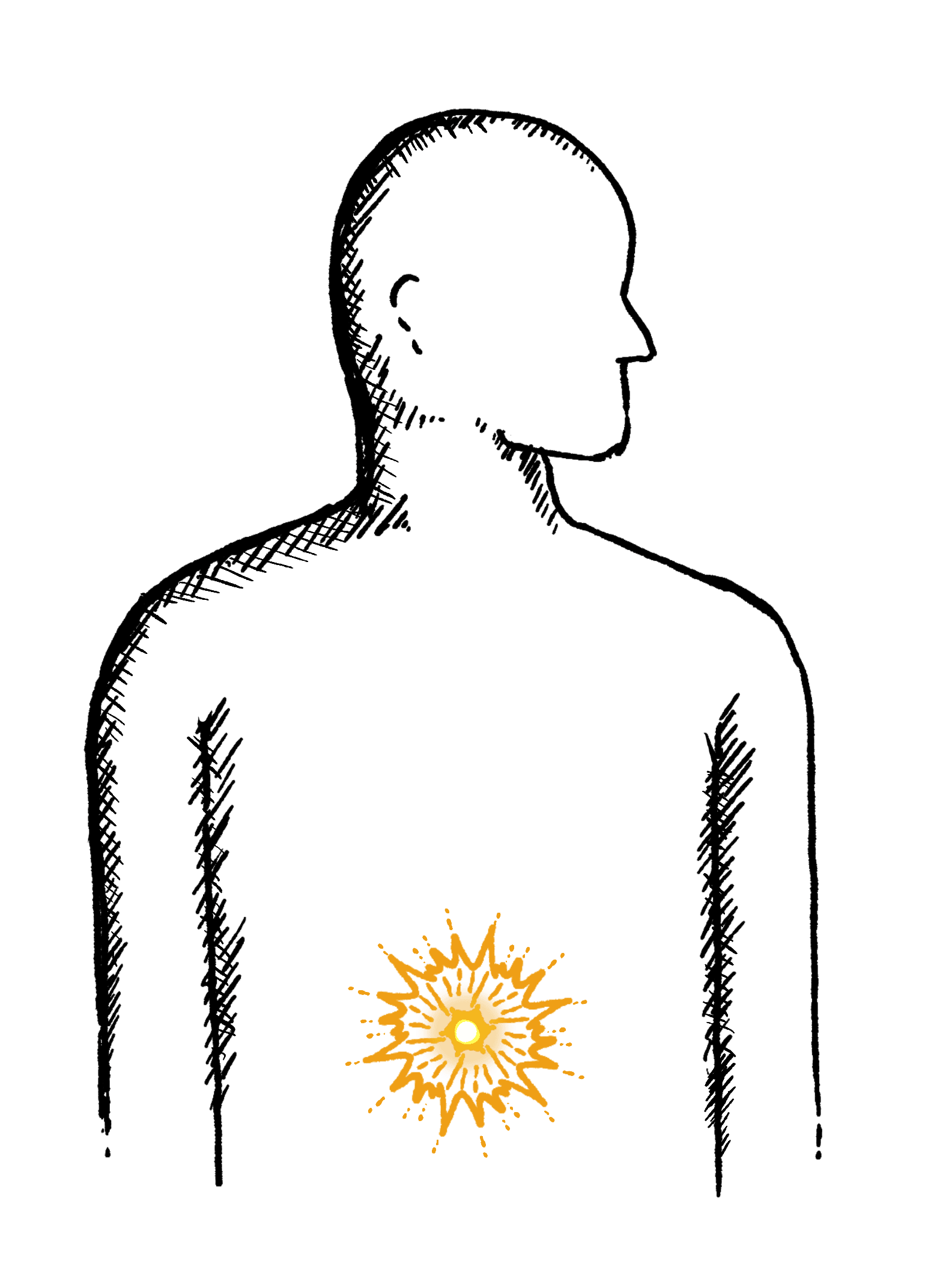
Abdominal pain or cramping, bloating, changes in bowel habits and urgency, gas

